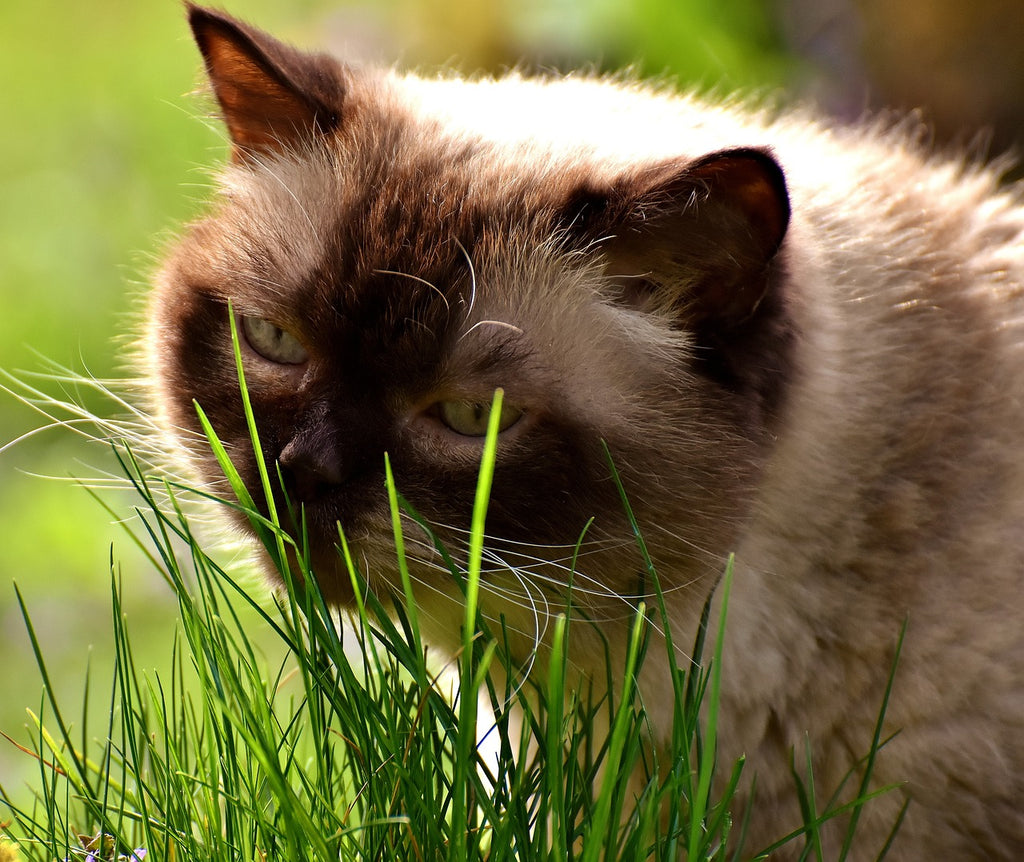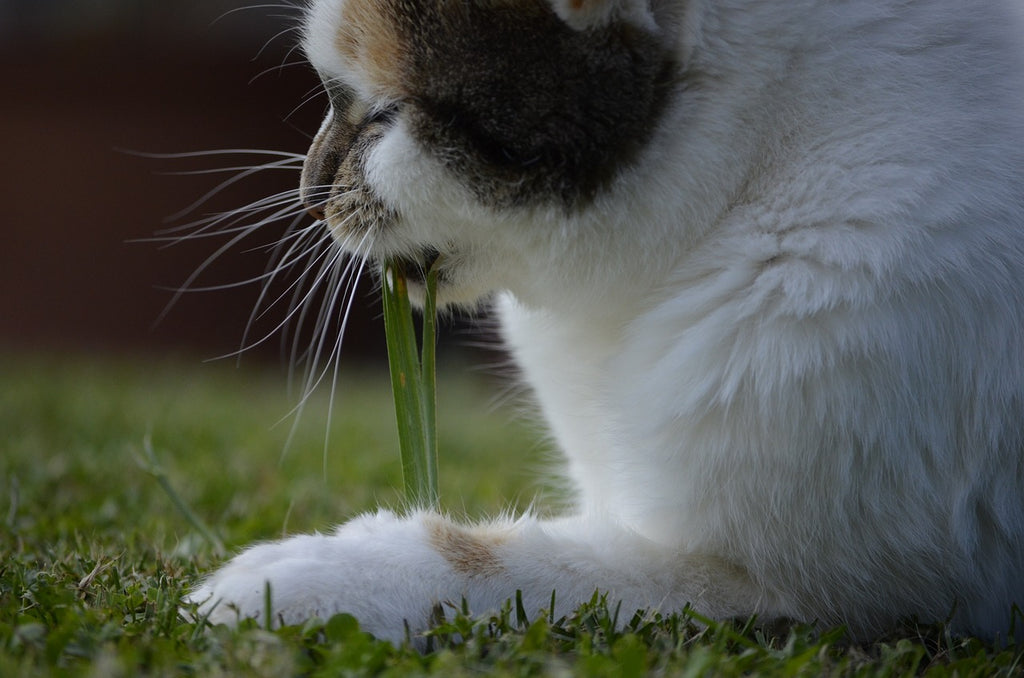The Curious Case of Cats Eating Grass: Should We Encourage or Discourage It?
Have you ever wondered why your feline friend munches on grass? Is it an essential part of their diet or just a curious behavior? The sight of cats munching on grass often raises questions about their motivations and whether it is necessary or harmful. Let's delve into the intriguing world of why cats munch on grass and explore the various reasons behind this behavior.

The Reason of Cat Eating Grass May Be...
1. Instinctual Behavior: Cats' ancestors in the wild consumed herbivorous prey, which indirectly provided them with plant material. Eating grass might be an instinctual behavior that harkens back to their primal instincts.
2. Digestive Aid: Grass can act as a natural digestive aid for cats. The grass fibers help with the passage of indigestible materials and can stimulate vomiting, assisting in the removal of hairballs or other gastrointestinal irritants.
3. Nutritional Supplementation: While cats are obligate carnivores, grass can provide certain nutrients like fiber, vitamins, and minerals. However, their primary nutritional needs are typically met through a balanced commercial cat food, making grass consumption more of a supplementary behavior.
4. Behavioral Stimulation: Chewing on grass can provide sensory and mental stimulation for cats, simulating the experience of hunting and foraging in the wild. It can fulfill their natural instincts and prevent boredom, particularly for indoor cats.
5. Personal Preference: Some cats may simply enjoy the taste, texture, or smell of grass. It may be a personal preference and a form of environmental enrichment.

Should We Intervene?
1. Assessing Grass Safety: It is crucial to ensure that the grass or plants cats have access to are safe and free from harmful pesticides or toxins. Avoid plants that are known to be toxic to cats.
2. Monitor for Digestive Issues: If a cat's grass-eating behavior leads to persistent vomiting, diarrhea, or other digestive problems, it is advisable to consult a veterinarian. Excessive or compulsive grass consumption may indicate an underlying health issue that requires attention.
3. Provide Alternative Enrichment: If concerns about grass consumption arise, providing alternative forms of environmental enrichment, such as interactive toys, scratching posts, or access to outdoor enclosures, can help redirect their instincts and offer mental stimulation.
Cats eating grass is a common behavior that can serve various purposes. As long as the grass is safe and there are no associated health concerns, it is generally unnecessary to stop cats from eating grass. However, if you have concerns about your cat's grass consumption or notice any accompanying health issues, it's best to consult with a veterinarian for personalized guidance.